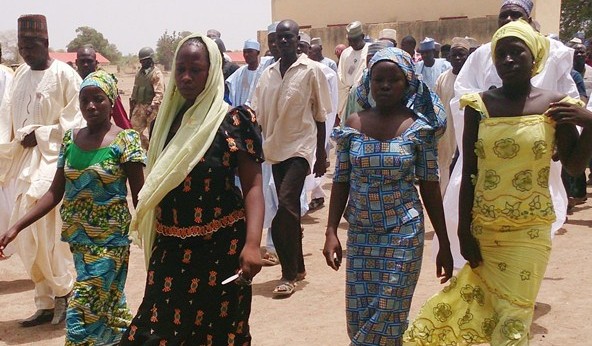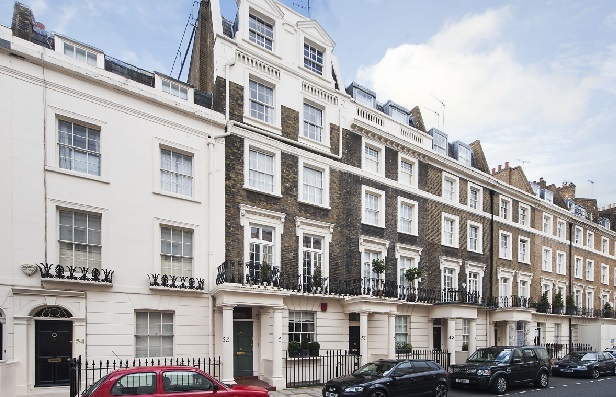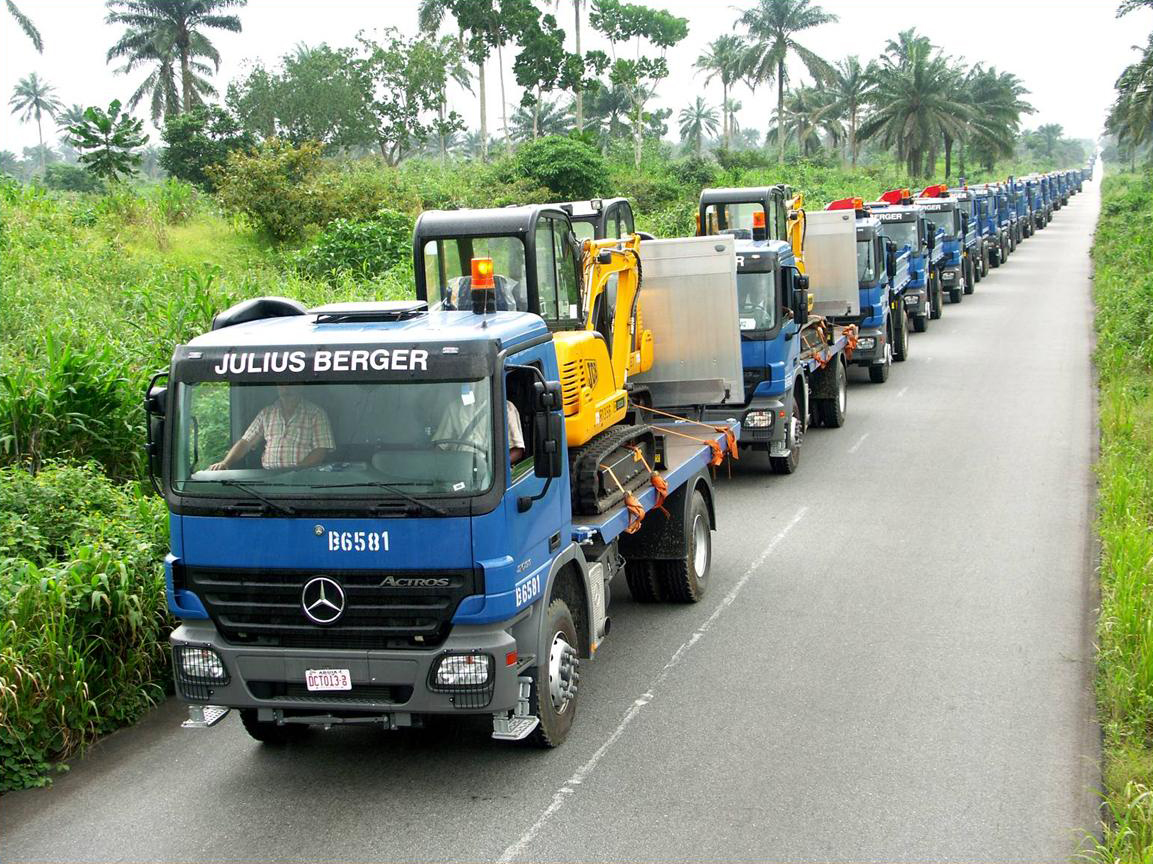A 19-year-old woman who spent three months in the captivity of Boko Haram has exposed some of the atrocious activities perpetrated by the sect.
In a report published by Human Rights Watch on Monday, the unnamed woman narrated her ordeal in the hands of the insurgents.
“I was told to hold the bullets and lie in the grass while they fought. They came to me for extra bullets as the fight continued during the day,” she said.
“When security forces arrived at the scene and began to shoot at us, I fell down in fright. The insurgents dragged me along on the ground as they fled back to camp.”
Advertisement
She further explained how she was ordered to kill one of five captured civilian vigilantes brought to one of the camps of the group.
“I was shaking with horror and couldn’t do it. The camp leader’s wife took the knife and killed him,” she said.
Human Rights Watch revealed that it interviewed 30 women and girls (such as those pictured) between April 2013 and April 2014 and was able to document physical and psychological abuse of Boko Haram captives.
Advertisement
According to the report, the women were seized from their homes and villages while working on the land, fetching water or at school.
Some of the escapees described how they were held in eight different camps thought to be in the vast Sambisa Forest area of Borno and the Gwoza hills, which separates Nigeria from Cameroon.
In the camps, they described seeing other women and children — some of them infants and others as old as 65 — but were unable to say whether all of them had also been kidnapped.
They were made to cook, clean and perform household chores. Some were forced to carry stolen goods seized by the insurgents after attacks.
Advertisement
One of the interviewees said she saw some of the Chibok girls forced to cook and clean for other women and girls who had been chosen for “special treatment because of their beauty”.
The women also talked about rape as well as physical violence, including one who said she had a noose placed around her neck and was threatened with death until she converted to Islam.
One 15-year-old said she complained that she was too young to marry one of the militants but a Boko Haram commander dismissed her concerns, saying his five-year-old daughter got married the previous year.
Daniel Bekele, Human Rights Watch’s Africa director, lamented that apart from the Chibok escapees, other victims of insurgency were not receiving adequate support such as mental health and medical after-care on their release.
Advertisement
According to the report, more than 500 women and girls have been abducted since the start of the insurgency in 2009, although other estimates put the figure far above that.
Boko Haram’s violent campaign has led to the loss of about 10, 000 lives and destruction of countless properties.
Advertisement
With the aid of other countries, the Nigerian government has striven to put an end to the activities of the sect but more efforts are still desired to restore normalcy.
Earlier in October, top service chiefs of seven African countries converged in Abuja for a summit geared towards working out modalities to tackle the insurgents.
Advertisement
However, the announcement of a ceasefire deal affected the outcome of that meeting.
Advertisement
Add a comment







